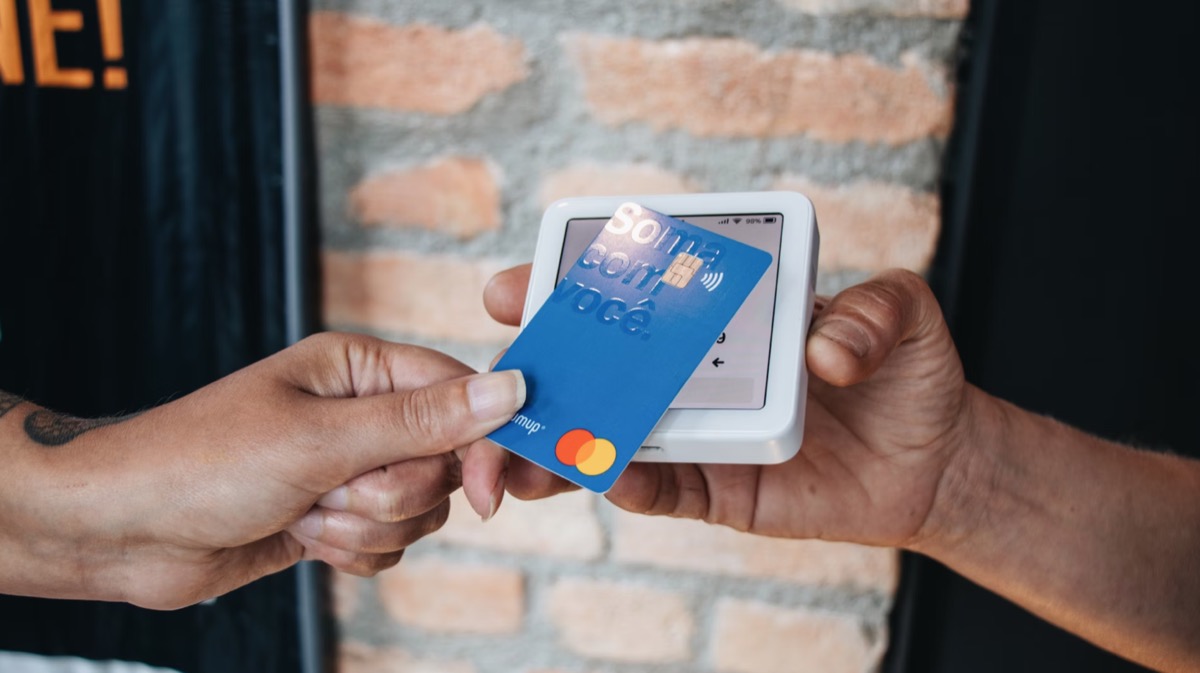As the world becomes more linked, trust has become the most important part of all digital transactions. You need to believe that the systems that let you do things like buy things online and keep track of your money are safe and reliable in order to click and make a purchase. We need to change how we think about and utilize trust in order to stay up with how quickly technology is changing. We need to move beyond the protections that have been in place for a long time and welcome fresh ideas that will help the digital economy grow.
The Imperative of Digital Security
In order to ensure the safety of any online transaction, the most essential component is robust digital security. Digital platforms would be less used and convenient if there were inadequate security measures in place to guard toward fraud, data breaches, and identity theft. This would increase the likelihood of data breaches occurring.
This rule applies to all online financial transactions and calls for strong encryption, numerous authentication mechanisms, and regular monitoring. This restriction is meant to protect the information. Both businesses and people need to put a proactive security posture first. They need to understand that investing in resilience is not only an expense but also an important way to keep trust and business running smoothly in the digital world.
Rebuilding Trust: The Blockchain Imperative
All of the problems that have arisen with centralized systems have brought to attention how important it is to maintain data security and to be more open. As a result of the fact that a blockchain is a distributed ledger that cannot be altered or modified in any way, once a transaction has been saved, it cannot be changed or tampered with in any manner. Due to the fact that the ledger is accessible to all users on the network, the situation is now more open and accountable than it was in the past. Through the use of this decentralized verification system, the need of having points of failure is significantly reduced. There is an impact that this has on the manner in which trust is established and maintained in digital ecosystems, ranging from the management of information to supply chains.
Decentralization as a Base of Trust
Decentralization based on blockchain does more than just make things safer; it transforms how people trust each other. By spreading out control and verification over a network, it gets rid of the requirement for middlemen who usually operate as trust brokers. This change in architecture gives consumers more authority over their data and transactions, granting them more control.
In the near future, there will be new applications that make advantage of these novel concepts. The rise of bitcoin casino, for example, shows how decentralized technology is being leveraged to create gambling spaces that are open and can be checked. In these conditions, the fairness of outcomes may be checked using cryptography, and an open ledger keeps track of all transactions. It is helpful to alleviate the concerns that consumers often have with conventional online gambling platforms by using this strategy.
Beyond Transactions: A Secure Digital Future
The ideas behind strong security and decentralization go beyond just money transfers. They will shape the future of the internet in a way that is really safe. People are using them for things like managing their digital identity, which helps them maintain records of their personal information better than before, and supply chain transparency, which helps them maintain track of the passage of products from their source to the consumer in great detail. This evolution imagines a digital future where every piece of data and every interaction is safe because of a built-in layer of trust. This sort of environment would foster more cooperation and new ideas in many fields, such as healthcare and government.
Conclusion
Trust is not a set notion in the digital economy, which is always evolving. It is not a static idea; it has to be changed and developed all the time to be helpful. We are all working together to build a digital world that is good for building trust by using strict security measures, blockchain technology to make things clearer, and looking into the full potential of decentralization. It will be very important to stick to these values if you want to be able to deal with the problems that come with life in the digital age. By doing this, we will make sure that the assurance of a future that is secure, open, and user-driven is kept in a manner that everyone can see.


